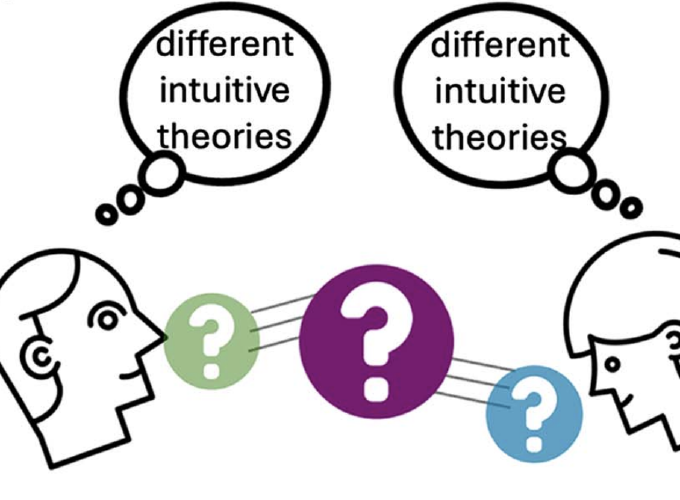
Instrumental harm and impartial beneficence distinctively frame cognitive representations of moral decision problems

Instrumental harm and impartial beneficence distinctively frame cognitive representations of moral decision problems
Abstract
Utilitarian ethical theories argue that the morality of actions depends on their consequences for impartially maximizing overall welfare. Recent research suggests that individual differences in utilitarian tendencies fall along two dimensions: a permissive attitude toward harming others for greater good (instrumental harm) and an impartial concern for others welfare (impartial beneficence). We hypothesize that these dimensions operate as intuitive theories in the moral domain framing distinctive patterns of moral judgments and behavior. Using intersubject representational similarity analysis of behavioral data (N = 254), we found that when participants shared endorsement of instrumental harm or impartial beneficence, they showed similar patterns of moral judgment and decision making. Intersubject representational similarity analysis of functional neuroimaging data (N = 68) revealed that participants with similar endorsement of instrumental harm or impartial beneficence showed similar neural encoding of moral choice attributes, even when they made different choices. Meanwhile participants with dissimilar endorsement of these dimensions showed distinctive neural encoding of moral choice attributes, even when they made similar choices. These similarity and dissimilarity patterns emerged in distinct brain regions for instrumental harm and impartial beneficence. Together, our findings suggest that instrumental harm and impartial beneficence distinctively frame cognitive representations of moral decision problems, over and above guiding judgments and decisions.